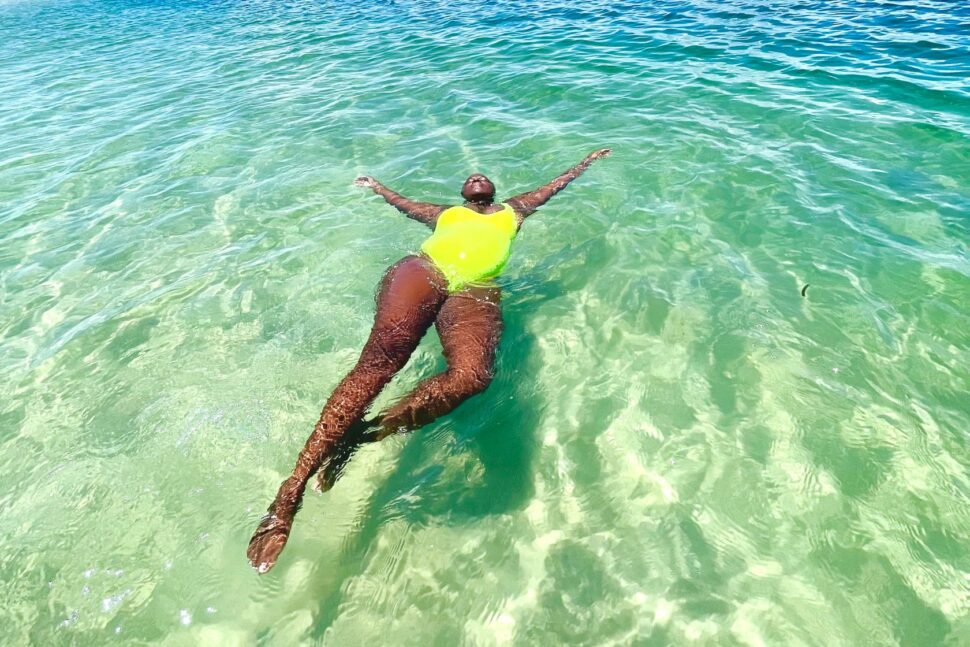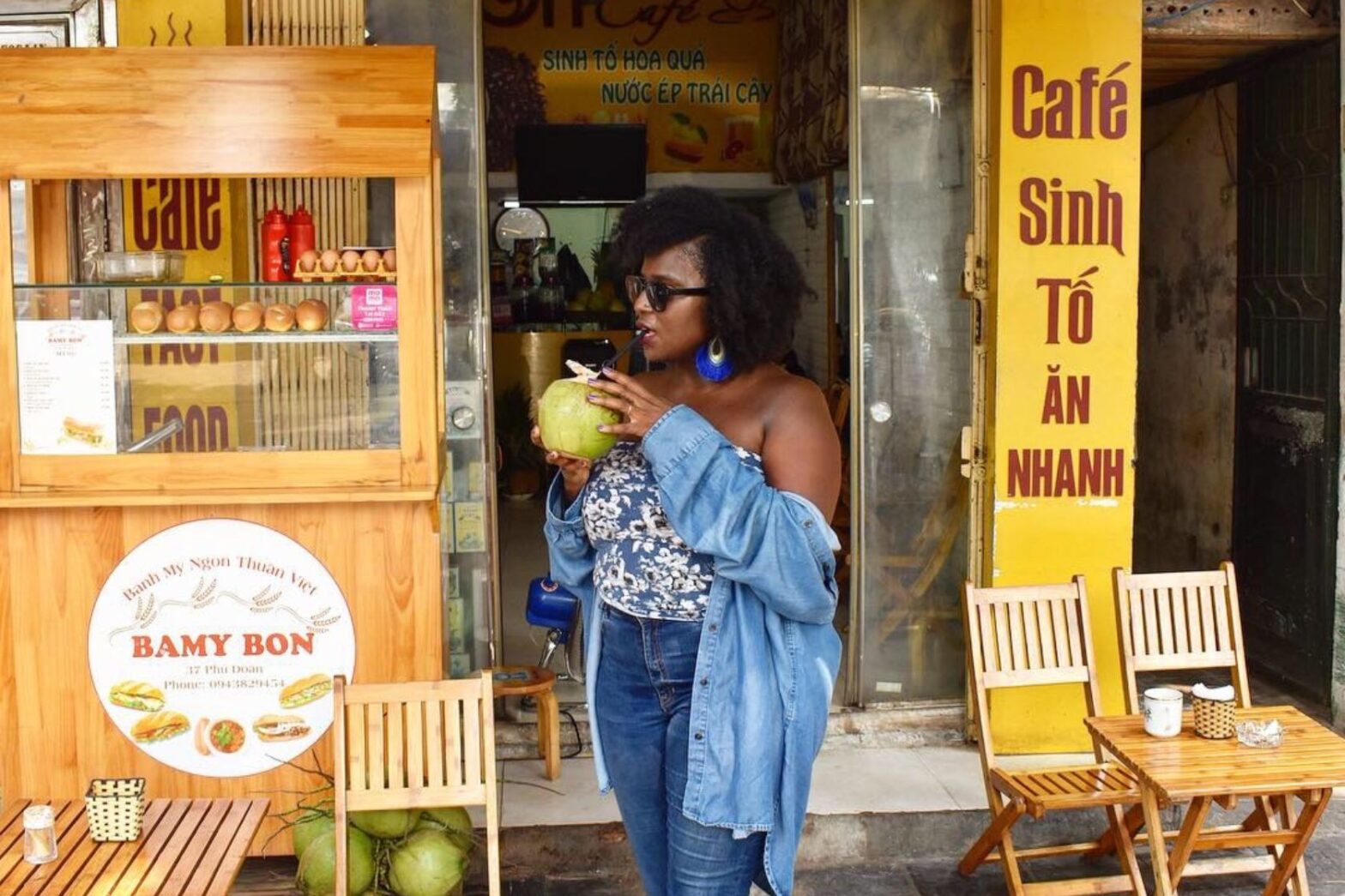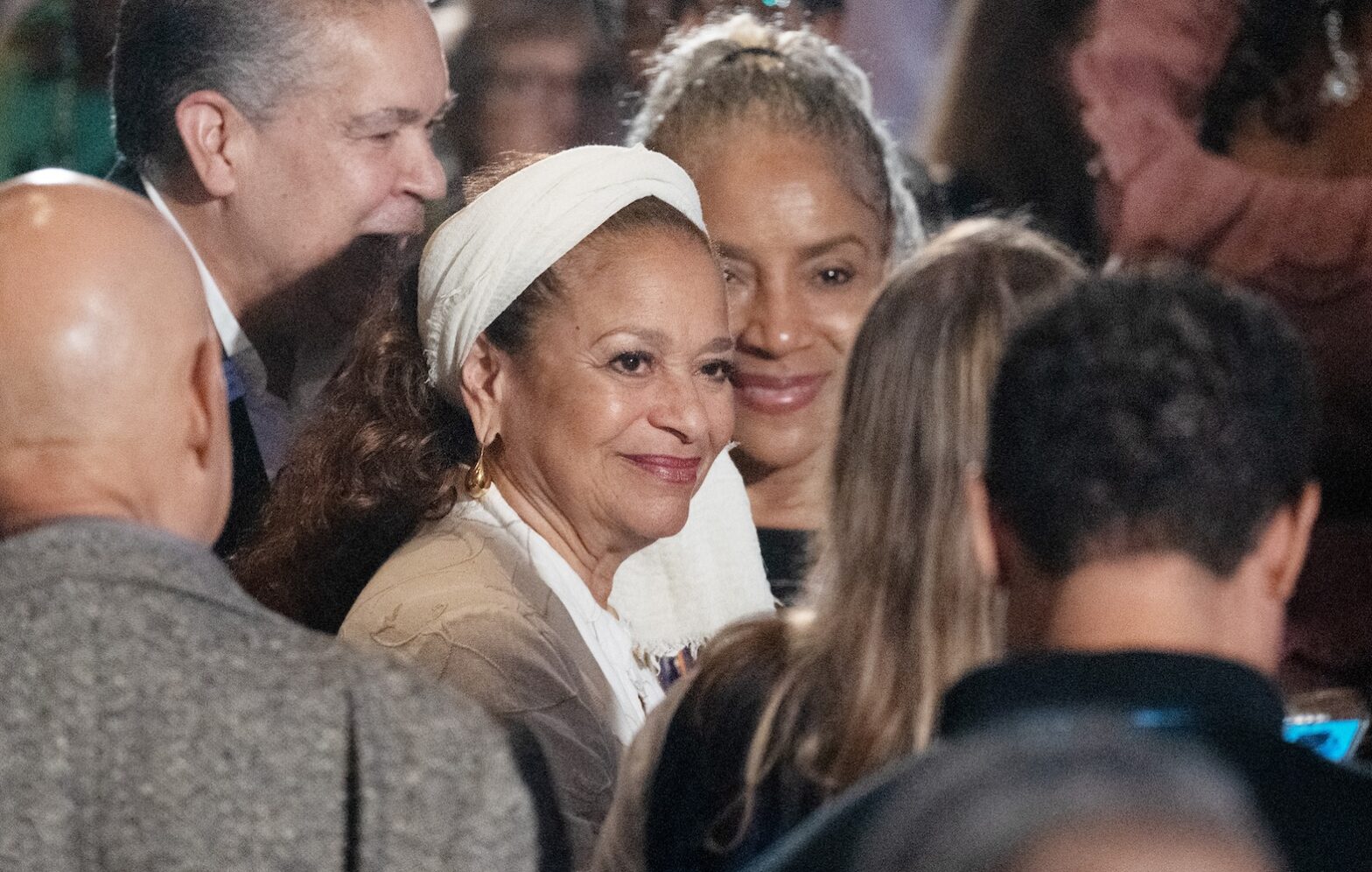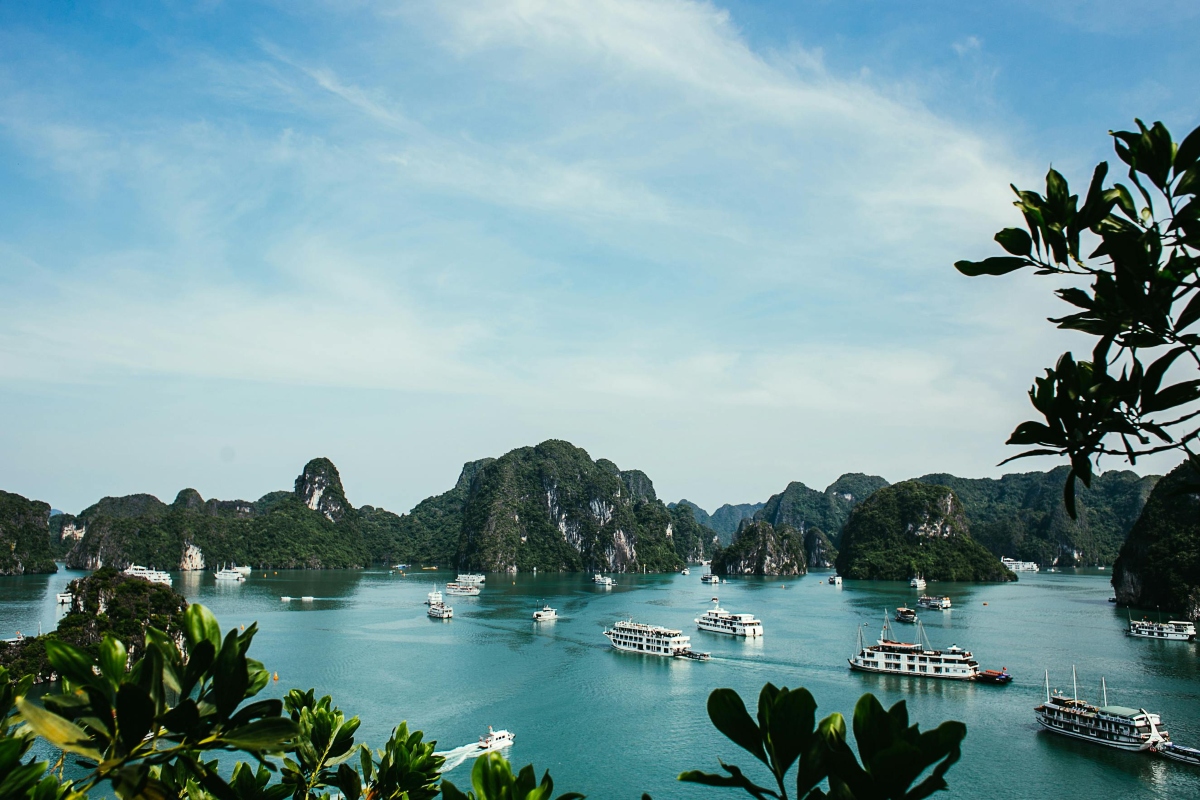Devin Peyton is a marketing strategist who’s been living the digital nomad lifestyle for the last ten years. She describes home as “where I open my suitcase,” yet has also found love and roots in Costa Rica. The digital nomad, aptly named ReadySetFro on Instagram, has traveled to 34 countries since her journey in the lifestyle began in 2013.
Leaving the States with $1,200 in the bank, Peyton has navigated finding her way around the world, outside of the ‘best of’ lists. She’s also proudly paid off her student loans, bought and sold a car, and had successful careers in her industry while abroad.
Now, Peyton wants to help others make the leap to leave, while still being intentional about their decision to live abroad.
Travel Noire spoke with Devin to learn about the motivation behind her nomad lifestyle, finding financial opportunities abroad and advice for other women who want to nomad travel.
TN: How did your digital nomad journey get started? What made you take that leap 10 years ago?
DP: I quit the United States in 2013. I had done all the things that you do. I went to college, got an internship and was working at Edelman PR firm in Washington, DC. Then, one day I walked in and I was the last one hired, so I was the first one laid off when we lost a client. I just hadn’t prepared for that. When I got laid off, I was walking home from Northwest DC to Southeast DC in these heels. I was like, ‘What am I gonna do?’
Somewhere between that walk, that conversation changed from, ‘What am I gonna do,’ to, ‘What do you want to do?’ I could do whatever I want. It was this really empowering walk that I took. At the end, I remember saying, ‘I’m going to move to France.’ I had never been to France and didn’t speak the language. I was just like, ‘I’m going to move to France.’ Why not?
I called my mom. My mom’s really great because she’s very supportive of my worldness. She was like, ‘Cool, cool. Love that for you. Do you speak French or what’s the plan?’ I said, ‘I don’t speak French.’ She’s like, ‘Mm, okay. Do you speak any other languages maybe?’ And I was like, ‘I do speak Spanish.’ She was like, ‘Okay, maybe try Spain. In the same area, you can at least navigate.’
I was actually going to teach English in Spain, but that didn’t start until June. I had gotten laid off in November of the previous year, but I was like, I’ve got to get out because if I wait until June, I’m not going to go. I’m going to find another job and I’ll get back on the American track.
I was like, ‘I’ll go to Costa Rica.’ I found a flight on Spirit that was $278. I got on this plane, got there and I had on my winter clothes. It was summer in Costa Rica. I was just like a fish out of water.
I started to ease into Costa Rica. By the fourth week, I called my mom and I was like, ‘I don’t think I’m going to come home.’ That was March 11, 2013. I’ve literally been living and working in different regions of the world ever since then.
TN: One of the biggest questions aspiring nomads have surrounds how to maintain the lifestyle. Many want to know, ‘What can I do in terms of working abroad?’ What advice do you have for people on that front?
DP: That’s a good question because I remember thinking, what am I going to do? I’m going to teach because that’s all that was on the internet. It was funny because teaching actually showed me that as a marketing strategist, I could actually just do my job abroad.
I started teaching at a school because that’s what the people do. Then, I discovered I’m a strategist, so I’m always thinking in certain ways, and I’m always thinking about marketing opportunities, and how to leverage things. I remember working at a school and going to the director professionally.
I set up a meeting with her. That was the beginning of Instagram [and] Facebook. People weren’t using it in the way they use it now. I was explaining to her that in the States, what I was doing for my clients with Edelman was helping them leverage their social media to get more clients. I showed her a marketing plan and what I could do. Then I turned that into what my job was.
Eventually, from that place, I was a team lead and then became the director of the school. After that, I went to Asia and I was a nationwide manager over their marketing recruitment department. From there, I started working with my own clientele and being able to manage myself as companies wanted help with things.
My advice is that I tell people all the time when they’re like, ‘I don’t want to be a teacher.’ You don’t have to be a teacher.
If you just approach living abroad like you do living here, you’ll have the same opportunities. You don’t just settle for whatever you can get in the States because that’s what you have available. You look for something that’s within your passion or within your wheelhouse or within your interest. It’s the same thing. It takes a little bit of time. Yes, there are visas involved and all of those things.
If you just try a little bit harder than what you’re being served on your algorithm, you’ll find some opportunities to do things.

TN: Based on your experiences and conversations with other nomads, what destinations still hold a special place for you, or are places that you recommend people look at in terms of their considerations for digital nomad living?
DP: It’s hard to reimagine where I would start, but I think there are tiers to it. If you’re like, ‘I’ve never done this before, and I just need a plug-and-play kind of experience,’ you can always go to Playa del Carmen in Mexico or Lisbon in Portugal. Those are very easy. The culture is easy. You can navigate the community. Those would be good.
If you want to have a little bit of adventure, you could go to Vietnam or Asia where you can have that built-in community of coworkers, but you’re in a very exotic place.
If you’re looking for an adventure, if you’re like, ‘I want to go see what the business is,’ I would say the continent [of Africa] is amazing. It’s still very much undiscovered because of all of the bad PR. Because of that, it’s kind of protected the cultures that are there, and they are so excited when they get to see people visit them. They still have that joy.
TN: One of the conversations you’re big on setting straight is the stigma of being a ‘30-something travel girl.’ What exactly is that? Tell us more.
DP: I think what happened is when I first started, content creation wasn’t a thing. It’s like this level of content stream wasn’t a thing and people weren’t talking about it. Everyone now has this definition of what a digital nomad is.
Even though people are like, ‘Travel at any age,’ and ‘You don’t have to go to college,’ everyone thinks that a digital nomad is someone who teaches abroad for three years, travels around and then goes home and gets a real job.
Understanding that it can be an actual lifestyle is so hard to explain to people. The biggest thing is to at least have someone who’s a champion for your crazy. My mom is like, ‘Cool, you want to go backpacking? That’s all right. Who’s gonna watch the dog and where are you gonna go? Drop a pin.’ She’ll always be like that.
I’m living a life of adventure. My joy is in travel and I don’t have to explain that to anyone. That’s just how I like to live.
The last thing is you just got to do it. You have to find your people that understand you, get you and support you. Once you find those people, the other people literally don’t matter.
I forget my age all the time because people always categorize me as 31 and I’m 36. People are always like, ‘So you’re just turning 30.’ I’m like, ‘Girl, I’ve been 30 for a while.’ I’m knocking at 40’s door, and I don’t see myself owning a house [in the US] by the time I’m 40.
You can’t explain that joy.
TN: Where can we find you online?
DP: You can find me on Instagram @ReadySetFro or on YouTube, where I share my digital nomad tips and tricks.
This article has been edited and condensed for length and clarity.





